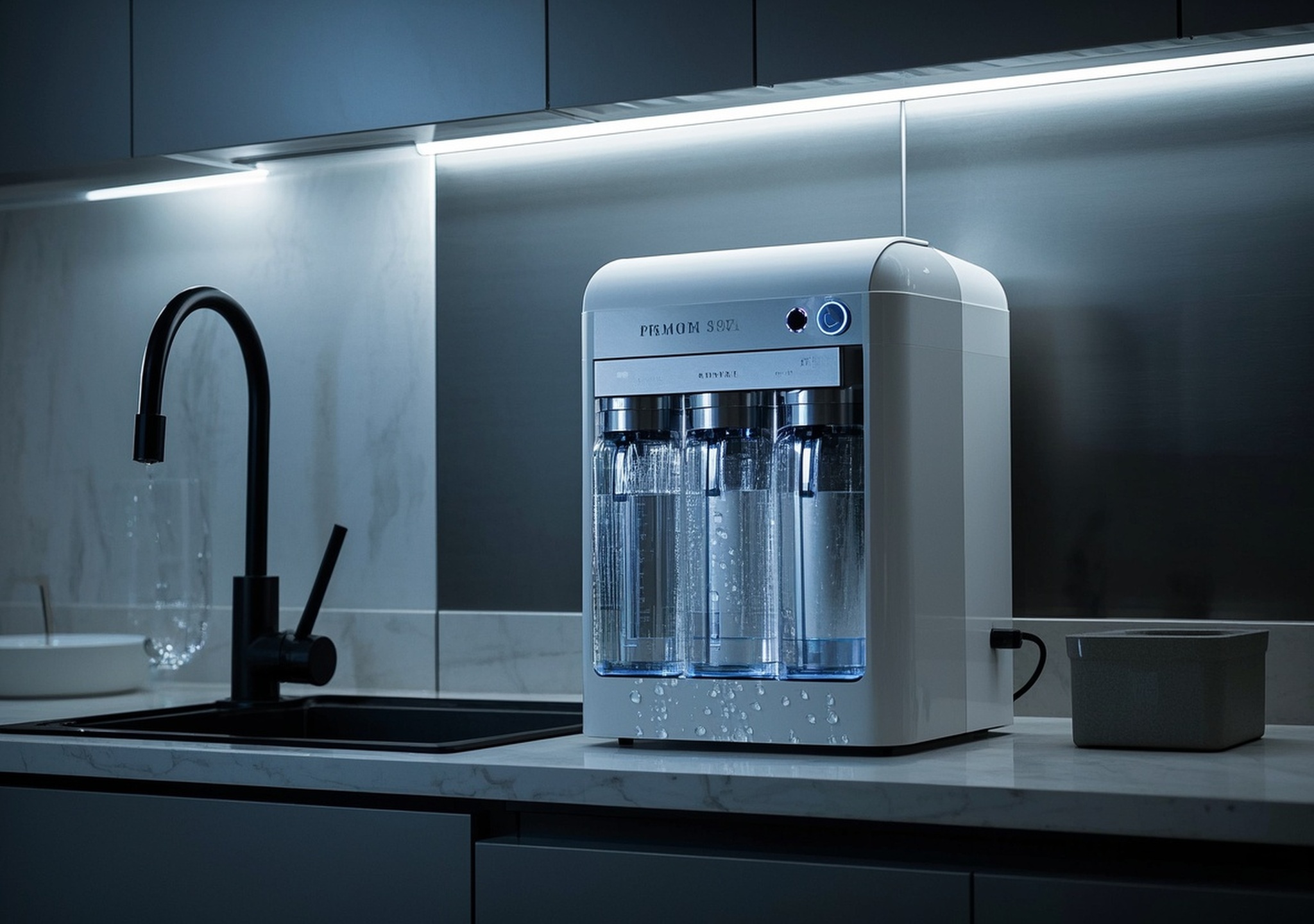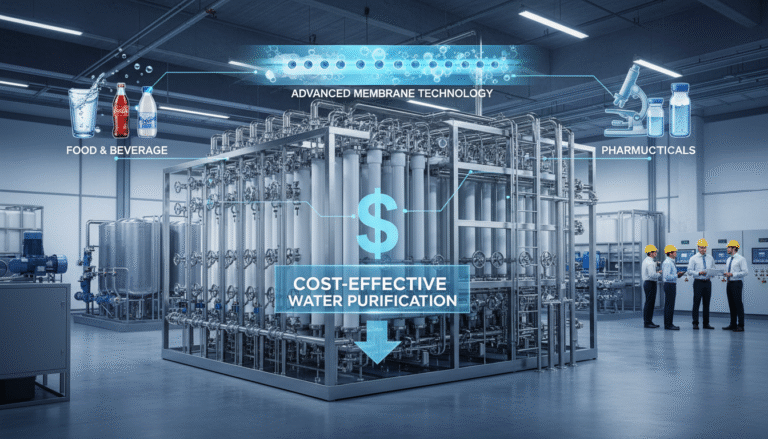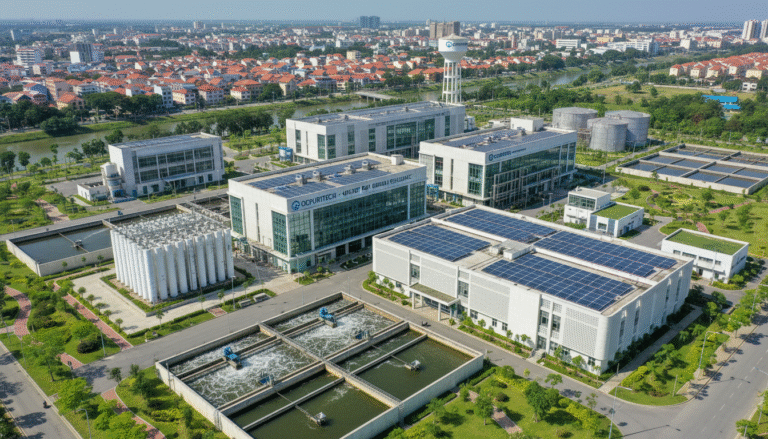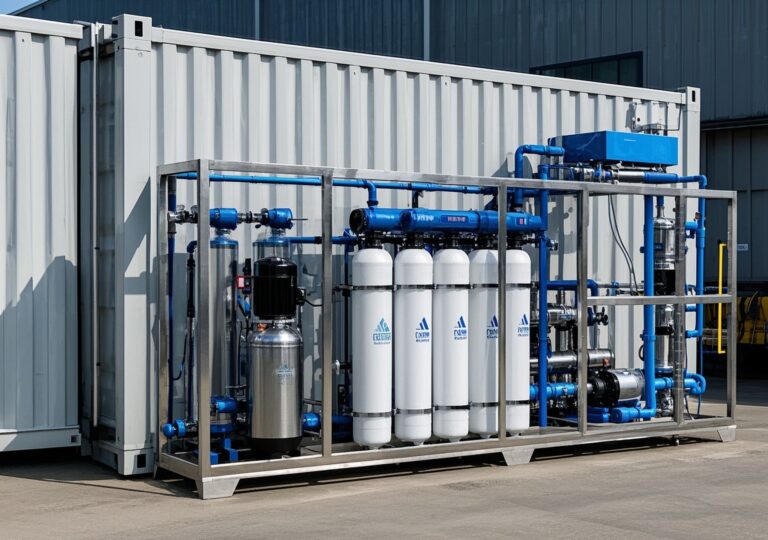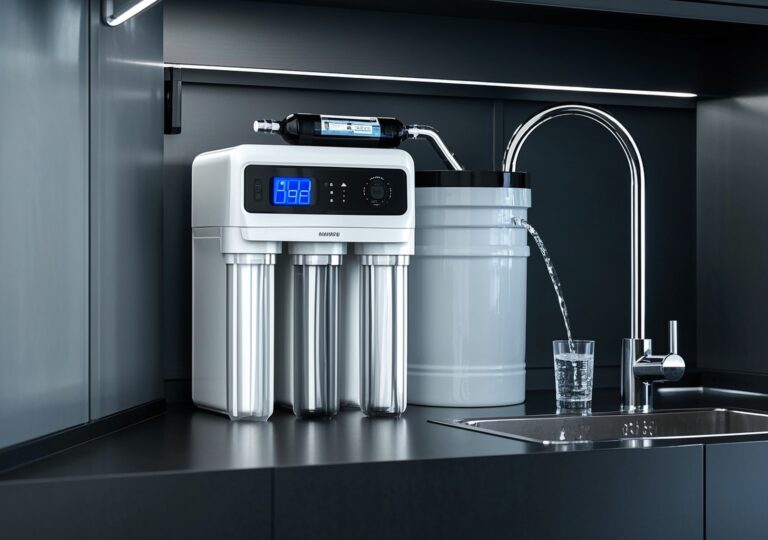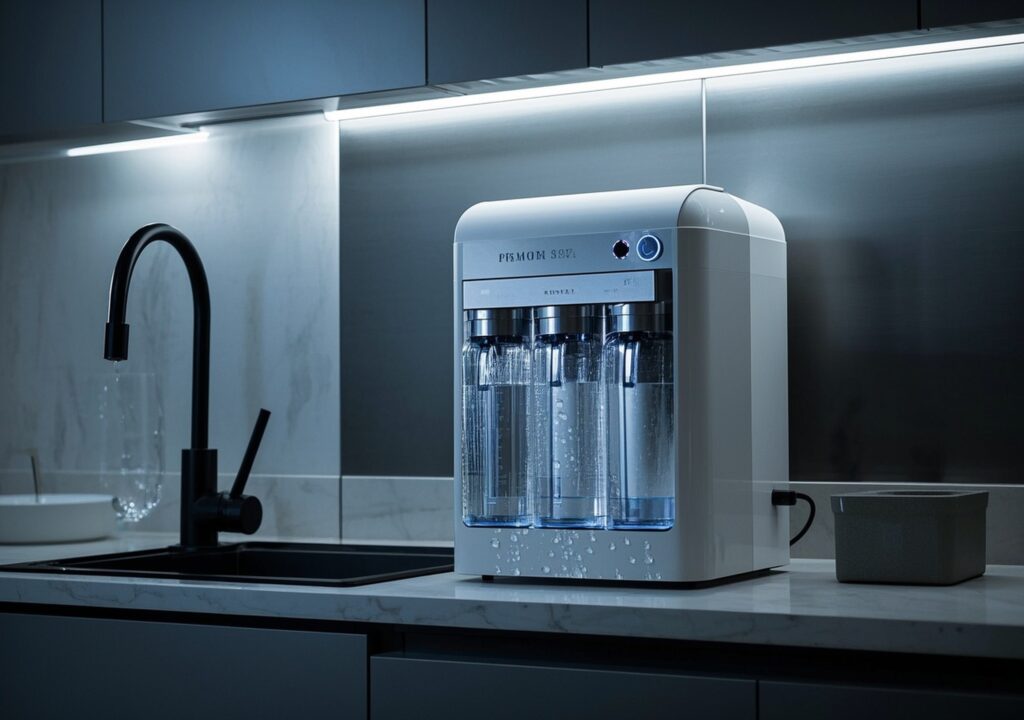
Revolution in Water: Experience the Power of the Best Reverse Osmosis Drinking Water System
Access to clean and safe drinking water is fundamental to human health and well-being. As water sources face increasing contamination from pollutants, industrial waste, and microbial pathogens, advanced filtration technology becomes crucial. Among these, reverse osmosis (RO) stands out as a proven, efficient method for water purification. This article delves into the transformative effects of the best reverse osmosis drinking water system, its technology, wide-ranging applications, and lasting impacts across various sectors.
1. The Imperative for Advanced Water Treatment
Water contamination is a growing concern worldwide. Many regions face challenges involving heavy metals, chemical residues, and biological impurities, which traditional filtration cannot adequately address. The demand for reliable, sustainable drinking water solutions has surged sharply. Consumers, healthcare providers, and manufacturers alike seek systems that ensure water safety, reduce ecological footprints, and offer cost-effective operation.
Leading companies specializing in water treatment technology have invested significantly in Reverse Osmosis innovations. These advancements combine precision engineering, smart monitoring, and ecological design, ensuring users benefit from unparalleled water quality and operational efficiency.
2. Market Demand and Application Context
Urbanization and industrialization strain conventional water supplies. In many metropolitan and rural areas, groundwater and municipal sources exhibit elevated levels of contaminants including:
- Heavy metals such as arsenic, lead, and mercury
- Microbial pathogens including bacteria and viruses
- Organic chemicals and pesticides
- Turbidity and particulate matter
Health awareness campaigns have heightened consumer focus on the importance of pure drinking water. Additionally, governments and environmental agencies emphasize sustainable water management, encouraging technologies that conserve water and minimize waste.
3. Exploring Reverse Osmosis Technology
Reverse osmosis relies on a semi-permeable membrane to filter water under pressure, effectively removing dissolved solids, contaminants, and microorganisms. The core components include:
- Pre-filters: Remove sediments and chlorine that may damage the membrane
- RO Membrane: The heart of the system, blocking impurities down to 0.0001 microns
- Post-filters: Polish water taste and remove residual odors
- Storage tank & Delivery system: Ensures steady availability of purified water
This multi-stage process yields water free from up to 99% of contaminants, surpassing typical filtration systems. Its efficiency extends to chemical pollutants, nitrates, and even fluoride, meeting and exceeding stringent health and safety standards.
4. Industry Evolution and Product Innovations
From initial RO prototypes to today’s smart systems, industry players have driven continuous improvement. Modern RO units are characterized by:
- Enhanced membrane durability: Long-lasting with minimal performance degradation
- Energy-efficient pumps: Lower power consumption without compromising throughput
- Automated monitoring: Sensors and IoT integration alert users to maintenance needs
- Compact modular designs: Adaptable to residential, commercial, and industrial scales
These advancements support diverse applications, from small households to large-scale food processing plants, tailoring water purification to specific quality and volume requirements.
5. Key Features and Benefits of Top-Tier Systems
| Feature | Benefit |
|---|---|
| High rejection rate of contaminants (up to 99%) | Consistently pure, safe drinking water |
| Water-saving technology (Recovery rates up to 75%) | Reduces water wastage, lowers utility bills |
| Smart diagnostics and filter life tracking | Minimizes downtime and maintenance costs |
| Eco-friendly, BPA-free materials | Supports environmental sustainability and user safety |
| Multiple installation options (under-sink, countertop, integrated) | Fits any spatial or aesthetic requirement |
Using a high-quality RO system not only safeguards health by delivering contaminant-free water but also contributes to lower plastic bottle consumption and eco-conscious water use. This aligns perfectly with modern demands for sustainability and responsible living.
6. Real-World Applications Across Sectors
Food & Beverage Industry
In large-scale kitchens and beverage production, water purity is non-negotiable. In a catering project I oversaw, installing an advanced RO system reduced microbial contamination indicators by over 95%, significantly lowering food spoilage rates and improving taste consistency. The client reported a 15% reduction in operational costs related to water handling within the first year.
Healthcare Facilities
Hospitals and clinics require sterile water for patient care and equipment sterilization. At a regional medical center, integration of a custom-engineered RO system ensured continuous supply of ultrapure water, contributing to a 20% decrease in infection risks linked to waterborne pathogens.
Manufacturing and Electronics
Precision manufacturing, particularly in electronics, demands mineral-free water to avoid equipment damage. An electronics assembly plant I consulted for replaced legacy filtering with RO technology, achieving a 30% increase in yield consistency and reducing maintenance downtime by 25%.
7. Installation and Maintenance Best Practices
Proper setup and upkeep are vital for maximizing system performance. Our recommended guidelines include:
- Professional installation: Ensures correct fitting, pressure calibration, and leak testing
- Regular filter replacement: Timed per manufacturer or usage, usually every 6–12 months
- Periodic membrane cleaning: Maintains filtration efficiency and extends membrane life
- Monitoring water quality: Routine testing to detect any declines in purity
Local service networks and customer support play critical roles in maintaining system uptime and customer satisfaction. Leading providers offer responsive after-sales care and clear maintenance schedules, reducing user effort.
8. Comparative Advantages and Assurance
Compared to alternative filtration methods such as activated carbon or UV treatment alone, the best reverse osmosis drinking water system offers more comprehensive contaminant removal and consistent output quality. Certifications like NSF/ANSI standards and FDA compliance reinforce product safety and efficacy.
Robust warranty policies, often including multi-year coverage on critical components, enhance buyer confidence. Service contracts typically cover periodic maintenance visits, expedited parts replacement, and troubleshooting assistance.
9. User Feedback and Success Narratives
Across diverse installations, users consistently report improved water taste, reduced health complaints, and ease of use. For example, a family in a region affected by municipal water quality issues reported a drastic drop in stomach-related illnesses after switching to an RO system. Another client in the restaurant sector highlighted enhanced customer satisfaction due to superior beverage flavor profiles attributable to purified water.
10. Conclusion: Embracing the Water Purification Revolution
The growing complexities of water contamination necessitate advanced purification technologies. Investing in the best reverse osmosis drinking water system equips homes and businesses with a reliable defense against pollutants while supporting environmental stewardship. As our experiences and industry evidence reveal, these systems are not just appliances but pivotal contributors to healthier communities and sustainable practices.
For those committed to elevating water quality and improving life standards, exploring reverse osmosis water treatment solutions is a compelling step forward. Assess your needs, seek expert guidance, and embrace this water revolution with confidence.
References
- Market research and industry insights on water purification technologies, Metoree water treatment manufacturer rankings
- Analysis of consumer water safety trends and environmental impact considerations
- Technical evaluations of reverse osmosis efficacy and health benefits in peer-reviewed publications
According to a recent authoritative analysis from Metoree and associated industry reports, while direct “best-of” lists for consumer RO products are limited in the public domain, the highlighted technologies and operational insights remain universally applicable to discerning users seeking optimal water treatment (Metoree Industry Overview).

